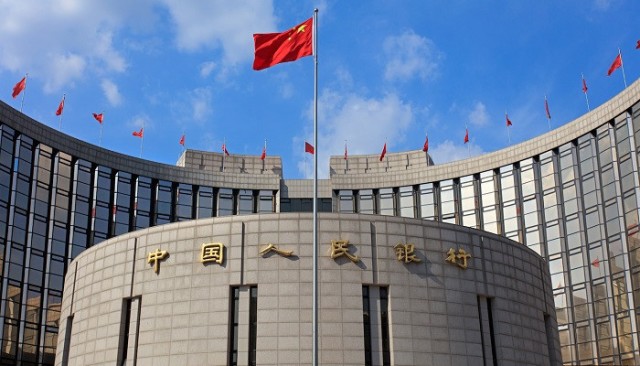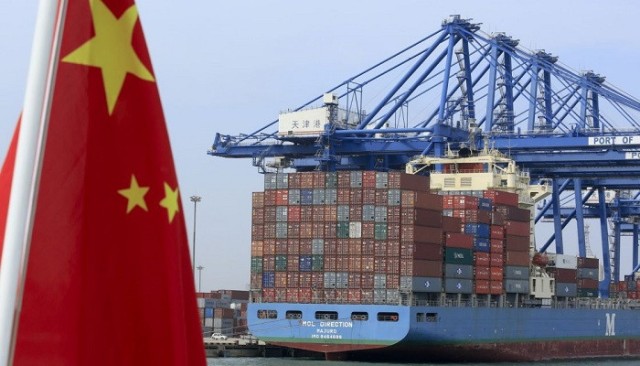China's government budget recorded a fiscal deficit of 7.16 trillion yuan (980 billion dollars) at all levels of government in the first nine months of this year.
According to Arab Net, data issued by the Chinese Ministry of Finance showed that the budget deficit recorded its highest level ever, in light of the continuing outbreak of the Corona virus and the decline in the housing market.
That's a record for any similar period and nearly triple the deficit of 2.6 trillion yuan in the January-September period last year, according to Bloomberg calculations.
Meanwhile, the Chinese authorities have struggled to make ends meet this year, as massive tax cuts and an ongoing housing market crisis have sharply cut government income.
However, the repeated shutdowns of major cities to contain the outbreak of the Covid-19 virus have increased spending on people control and testing, while there have been demands for more spending on infrastructure to stimulate economic growth and offset weak private consumption.
China's financial conditions have faced significant challenges since the spring of this year, from a sharp contraction in land sales to widespread tax cuts and deferrals, as well as more spending on (Covid) controls, Goldman Sachs economist Lisheng Wang said in a report.
China's economic growth rebounded to 3.9% during the third quarter of this year, after the shutdown of Shanghai and other cities earlier in the year pushed gross domestic product to near stagnation in the second quarter.
The recovery was driven by increased investment in infrastructure, despite weak retail sales and rising unemployment.
Activity in the service sector, which accounts for more than half of China's economy, shrank last month for the first time since May, as major cities including Chengdu were closed to contain the virus outbreak, keeping consumers at home, closing stores and restaurants, and preventing people from traveling around the world. country.
The total income from public and government fund budgets reached 19.9 trillion yuan in the first nine months of this year.
Public revenues declined by 6.6% from the previous year, slowing from an 8% decline in the first eight months.
The Ministry of Finance said it would have risen 4.1% without the tax exemptions.
Revenue from the sale of land fell 28.3 percent year on year in the first nine months of this year to 3.85 trillion yuan, compared with a 28.5 percent drop in the January-August period.
Real estate developers have been unwilling to buy the land as they grapple with the ongoing liquidity crunch, and this has prompted some local governments to sell land to state-owned enterprises in an effort to generate some immediate revenue, even if this is an actual sale of themselves.
This practice prompted the Ministry of Finance to issue a statement earlier this month prohibiting local governments from buying land with borrowed money or inflating land sale proceeds through purchases made by state-owned enterprises.
Total government spending in the first nine months of this year reached 27.1 trillion yuan, up 6.2 percent year on year.
It included 19 trillion yuan in general public expenditures, which cover education, health care, defense and scientific research.
Strong fiscal spending has been a huge boost to domestic demand this year, as household consumption has been hit by the COVID-19 outbreak and low confidence.
For his part, Yuekai Securities Co.'s macroeconomic analyst, Liu Ziyang, forecast that China will need to increase the official deficit - which covers only the public budget - to more than 3% of GDP next year.
While Beijing has set the deficit target for this year at about 2.8% of GDP, a growing deficit will be necessary to deal with financial pressures that are expected to be exacerbated in part by real estate problems, according to Ziyang.









































